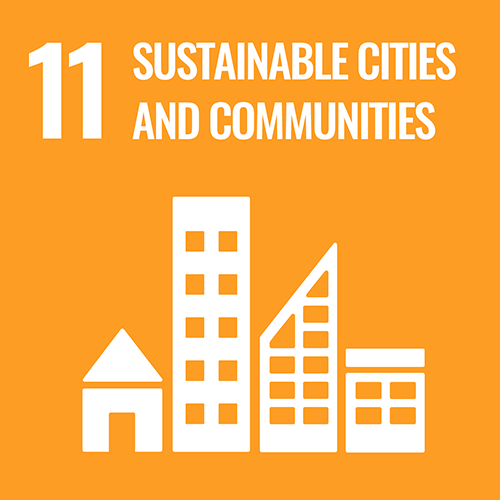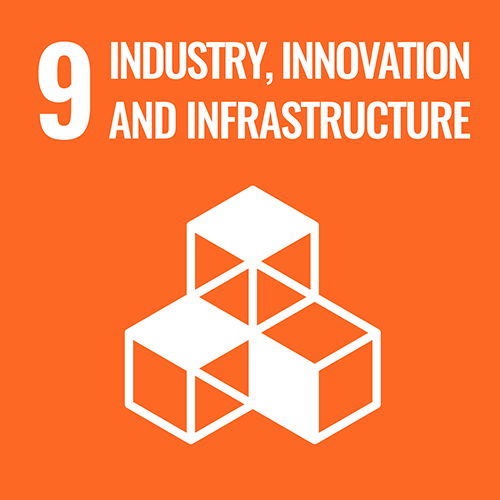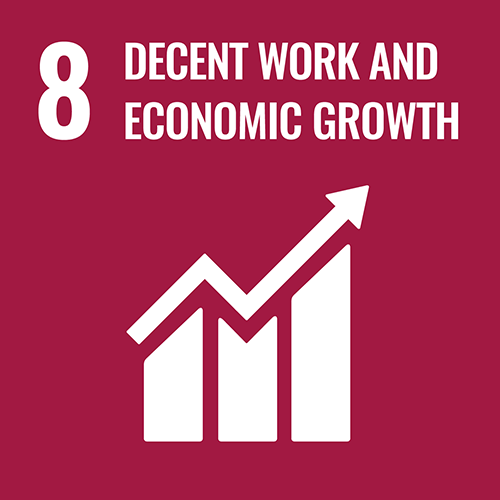by Hardy Pemhiwa, President & Group CEO of Cassava Technologies
The start-ups of today will be the medium and large enterprises of the future. Developing robust start-up ecosystems that foster innovation, drive economic growth, and create opportunities is, therefore, an imperative for every African country. If countries are not intentional in creating such ecosystems, Africa may again miss the fourth industrial revolution. The Africa Continental Free Trade Area (AcFTA) is potentially a pan African ecosystem that could foster a start-up revolution whilst enabling large enterprises to scale.
There are three main pillars necessary to develop a market structure that empowers the growth of start-ups in our digital economy: digital infrastructure, education and capital.
Firstly, infrastructure is the backbone of Africa’s digital transformation. This is one area that we at Cassava Technologies have probably invested more than any other company on the continent. We have deployed thousands of kilometres of fibre broadband cables (110,000 km) from Cape Town to Cairo, and from Mombasa on the East Coast to Muanda on the West Coast of DR Congo connecting over 200 towns and cities. We are also building a network of interconnected data centres with nine operational data centres already and another ten either under construction or in the design and planning phase.
These investments are essential for start-ups and new businesses to thrive. Access to affordable internet makes it easier than ever to open new ventures, create products and offer services locally, regionally and globally. The challenge with building infrastructure besides regulatory issues is, naturally, investment, which is why the private sector needs to lead the way whilst governments provide a predictable operating environment that can attract capital.
Facilitating digital infrastructure development and enacting enabling policies is fundamental to driving growth across Africa’s ICT sector. Government and regulatory authorities on the continent are getting better at understanding the needs of the industry. More needs to be done though to ensure that those charged with regulating what is a fast-changing sector are some of the best people we have in terms of education, experience and attitude to the private sector.
The second pillar is access to capital. Seed capital, venture capital and private equity financing all come down to one thing – risk assessment. There are increasing levels of venture capital and private equity investment directed at Africa’s most successful start-ups. Regrettably scale remains a challenge as is the challenge of exit from such investments by venture and private equity funds. We need changes to our stock exchange listing rules to enable small and medium size enterprises to list. We also need education of local pension fund trustees and supportive policies by capital markets regulators to support such listings and more sector champions such as Cassava Technologies who can act as potential acquirers for start-up investors looking for trade exits.
The third and final pillar is education. Education in two parts – of the potential entrepreuners across Africa and also of potential investors.
Digital literacy is today a prerequisite for people to function in modern society, and here we have a fundamental choice to make. We can either provide the young people of Africa who constitute the majority of our continent’s population with empowering digital education or risk them trying to educate themselves without access to important insights, using unreliable sources.
Most of the education curricula on the continent seem to still uphold the 3Rs mentality (reading, writing, and arithmetic) when it comes to education. However, our children need to go beyond digital literacy to digital education in their curriculum if they are to become globally relevant and competitive in the 4IR age.
Digital education is just as important when it comes to entrepreneurs. We continue to witness some amazing stories of businesses that are being enabled by technology to grow beyond their physical boundaries. For example, African companies that today export their products to Europe and Asia would not have been able to do so just a few years ago because of a lack of access to the required tools.
Entrepreneurs need to be educated on how to build and implement inclusive, successful, long-term business models that will bring economic opportunity to the continent. Additionally, businesses need to be taught and given access to the tools to be part of and contribute to this revolution.
The same is true when it comes to regulators – the enablers; who are in charge of drafting the bills and policies that will facilitate and advance technological development that will impact all of us. Policies should be inclusive and encourage innovation, development, and investment in new technologies.
As business leaders on the African continent we have to continually educate investors so that we can help reduce Africa’s risk perception and highlight the continent’s opportunities and potential.
Ultimately, developing optimal start-up ecosystems across Africa is a necessity we cannot postpone. It is in our hands today to transform and shape our digital future. At Cassava Technoogies we are doing our part to ensure a digitally connected future that leaves no African behind.


















